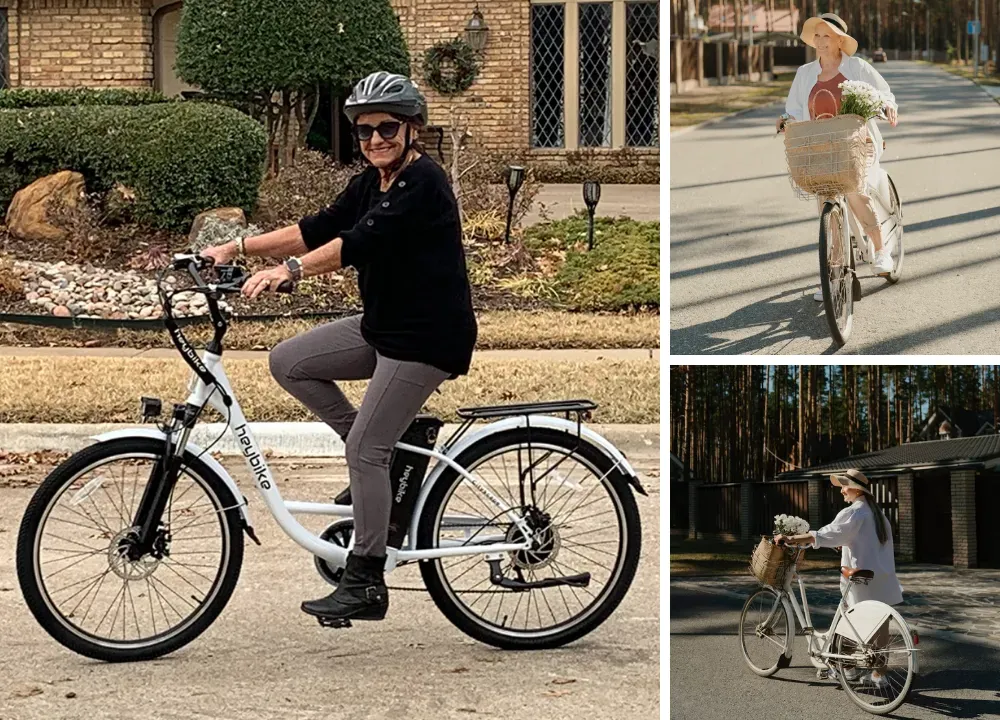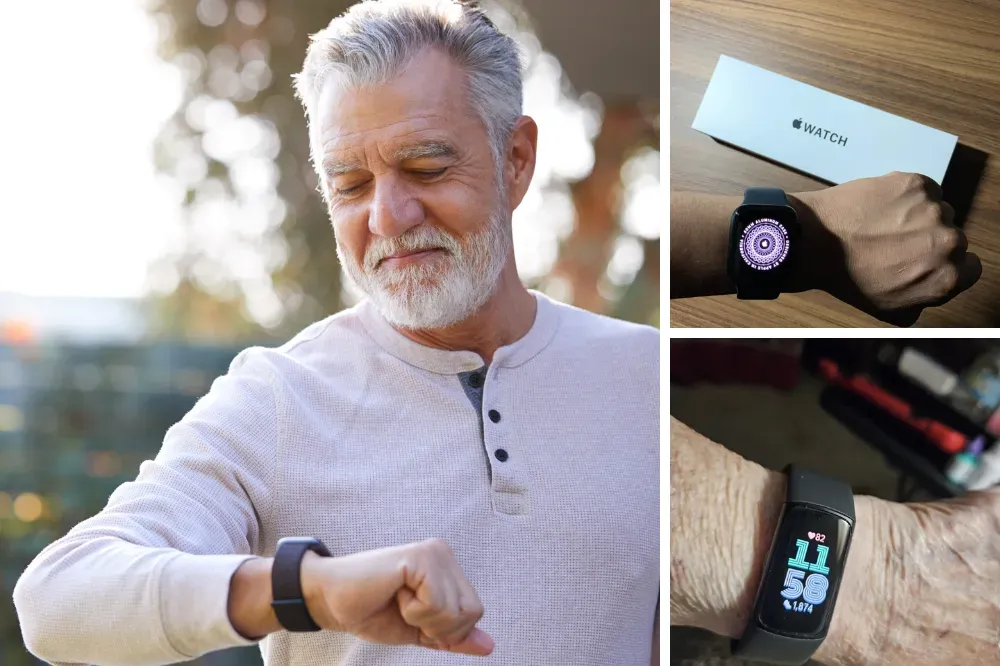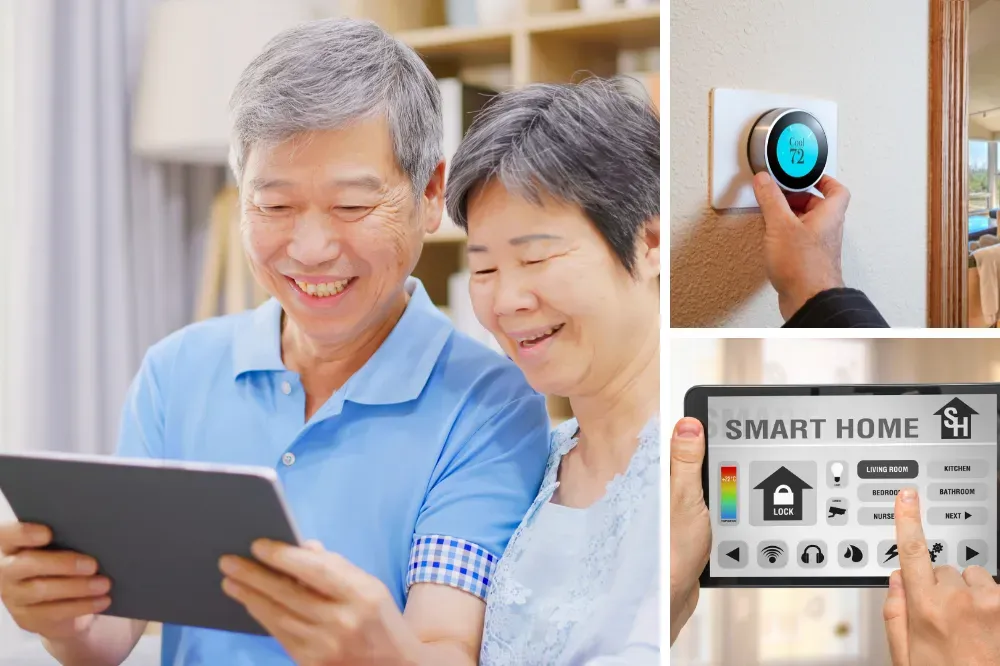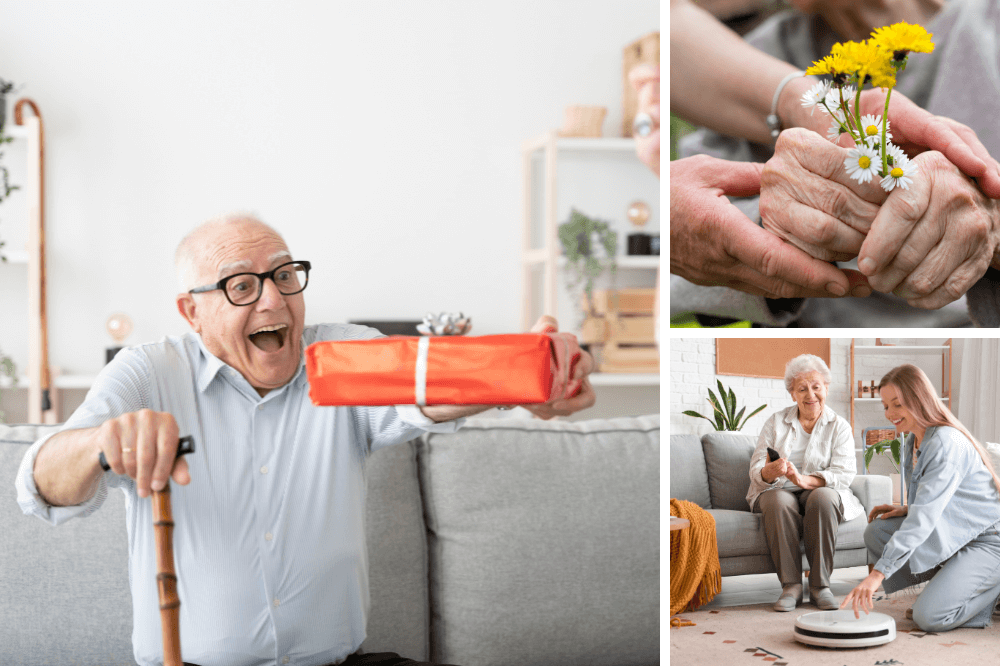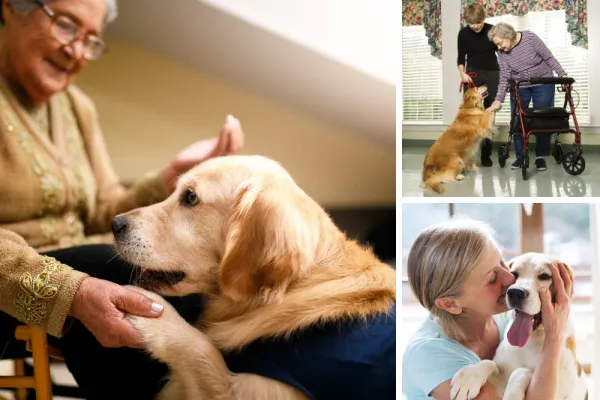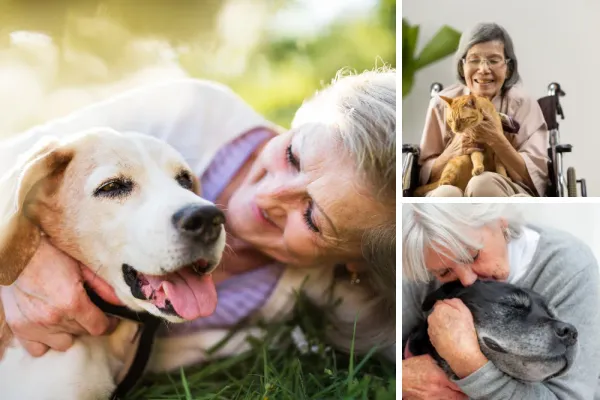Maintaining personal hygiene and health is crucial for the well-being of elderly individuals. This comprehensive guide provides essential care tips for seniors, offering strategies and practices to help older adults manage and reduce stress in their lives. As we age, our bodies undergo various changes that can affect both our physical and mental health. A well-rounded personal care routine can help seniors maintain their dignity, boost their confidence, and promote overall health. This guide provides practical advice on skincare, dental care, grooming, nutrition, physical activity, mental health, and support systems for older adults, with a focus on essential self-care tips that enhance their quality of life.

Skincare for Seniors
1. Understanding Skin Changes in Older Adults
As people age, their skin undergoes significant changes, becoming thinner, less elastic, and more susceptible to dryness and irritation. These changes can lead to issues such as skin infections, bruising, and delayed healing. Seniors may also experience an increase in age spots, wrinkles, and skin tags. For elderly individuals, adapting their skincare routine to these specific needs is essential for maintaining good health and comfort.
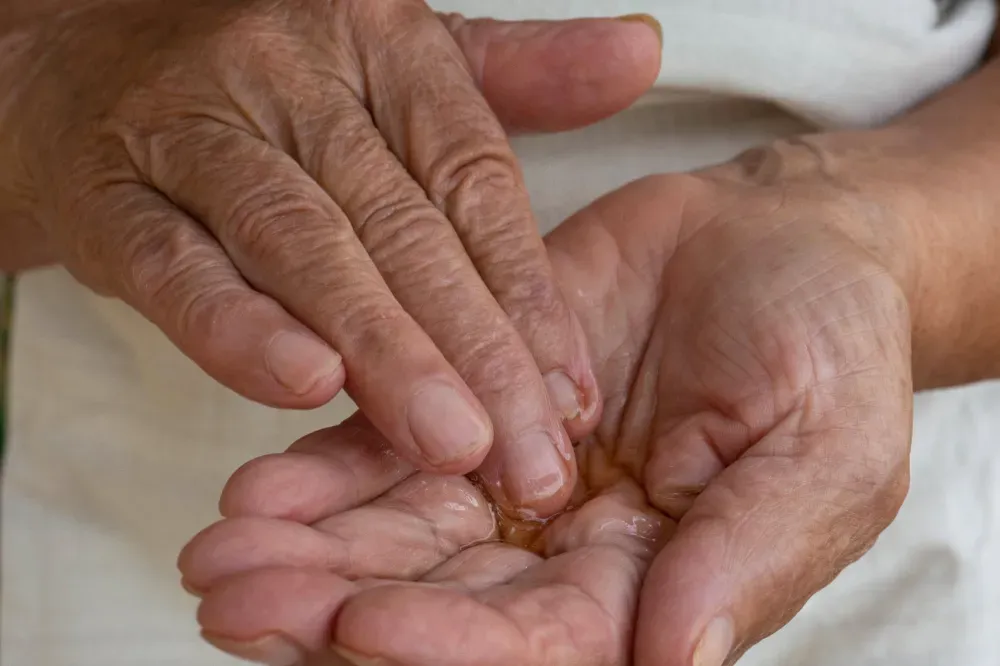
2. Importance of Hydration in Skin Care
One of the most important steps in maintaining healthy skin is hydration. Seniors should use moisturizers that are fragrance-free and specifically formulated for sensitive skin. Applying a moisturizer immediately after bathing helps lock in moisture. It's also crucial to stay hydrated by drinking plenty of water, which supports skin health from the inside out. Dehydration can exacerbate skin dryness and irritation, so ensuring adequate fluid intake is a vital part of a senior's daily routine.
3. Sun Protection and Its Long-term Benefits
Protecting the skin from UV rays remains crucial even for older adults. Using a broad-spectrum sunscreen with an SPF of at least 30 helps prevent sunburn and reduces the risk of skin cancer. It is recommended to apply sunscreen to all exposed skin, even on cloudy days or when staying indoors near windows. Wearing protective clothing, such as long sleeves, wide-brimmed hats, and UV-blocking sunglasses, further enhances protection. Seniors should also avoid peak sun hours (typically between 10 a.m. and 4 p.m.) to minimize UV exposure. Regularly examining the skin for any new or changing spots, moles, or lesions and reporting them to a healthcare provider is a proactive step in skin cancer prevention.
4. Gentle Cleansing for Sensitive Skin
For seniors, using mild, non-irritating cleansers is key to avoiding skin irritation. Hot water can strip the skin of natural oils, so it’s advisable to use lukewarm water instead. After cleansing, gently pat the skin dry with a soft towel rather than rubbing, which can cause micro-tears in the skin. Incorporating a gentle exfoliation routine can help remove dead skin cells, but it should be done sparingly and with products suitable for sensitive skin.
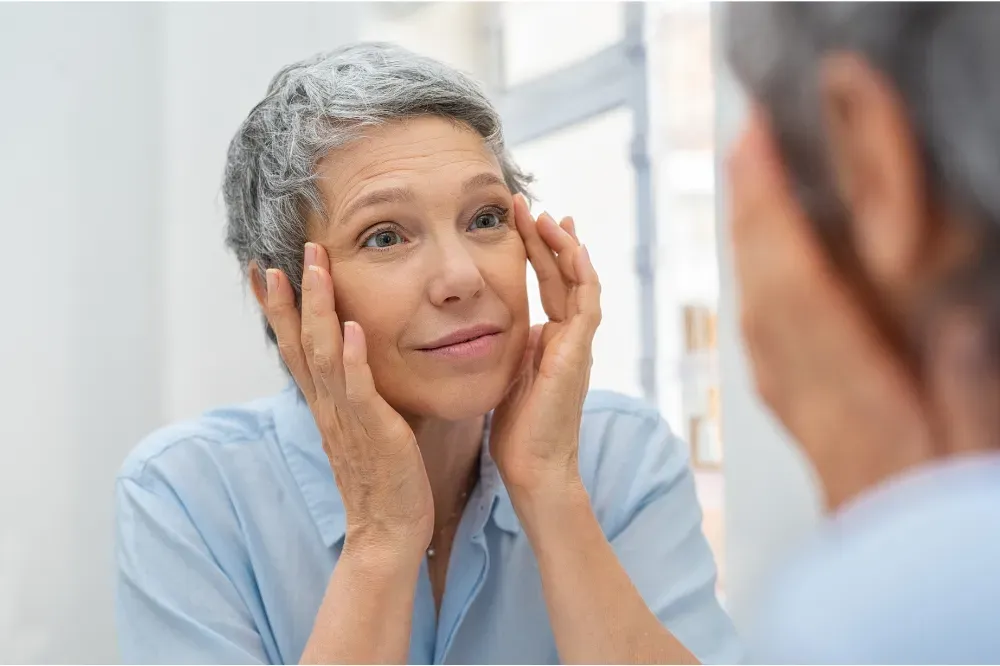
5. Regular Check-ups and Professional Care
Regular skin check-ups with a healthcare provider are essential for detecting early signs of skin conditions, including skin cancer. Dermatologists can provide valuable guidance on managing skin issues such as eczema, psoriasis, and dermatitis, which may require specialized care. Seniors should also consult with a healthcare provider before trying new skincare products to avoid adverse reactions.

Dental Care for Seniors
1. The Importance of Oral Hygiene for Overall Health
Good oral hygiene is critical for overall health, as it can prevent dental problems such as cavities, gum disease, and tooth loss. Poor oral health has been linked to various systemic health issues, including heart disease, diabetes, and respiratory infections. For seniors, maintaining oral health is essential for eating nutritious foods, speaking clearly, and enjoying a good quality of life.
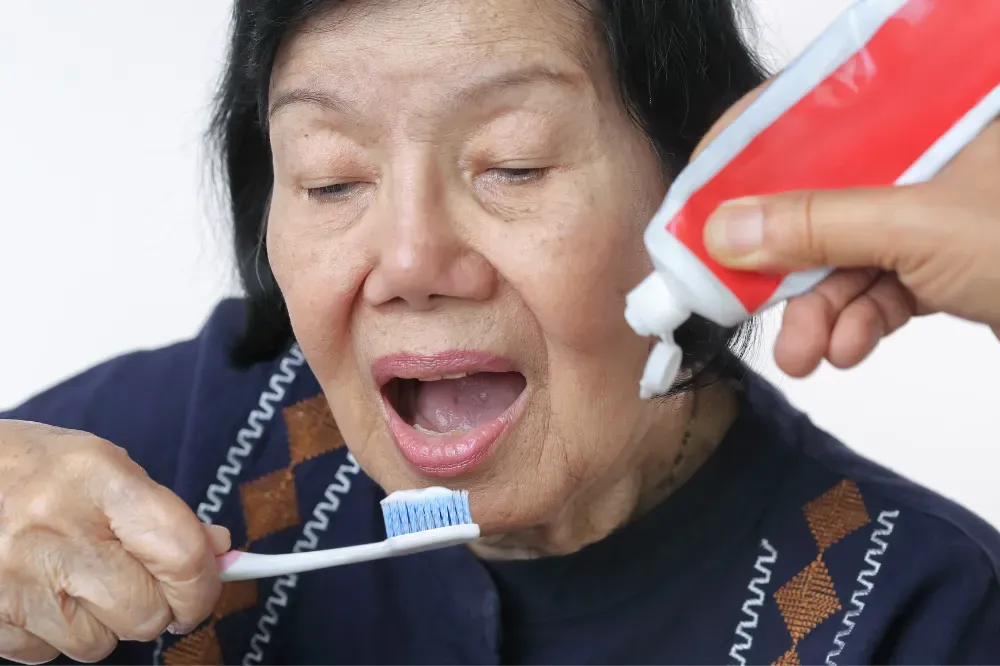
2. Brushing and Flossing: Fundamental Practices
Seniors should brush their teeth at least twice a day with fluoride toothpaste to help prevent cavities and strengthen enamel. Flossing daily is equally important for removing plaque and food particles between teeth and along the gum line, which a toothbrush cannot reach. For those with limited dexterity, electric toothbrushes and floss holders can make these tasks easier and more effective.
3. Regular Dental Visits and Professional Cleanings
Regular dental check-ups and cleanings are essential for maintaining oral health. These visits allow the dentist to detect and treat issues early, such as cavities, gum disease, and oral cancer, preventing more severe problems. Seniors should also discuss any changes in their oral health with their dentist, such as dry mouth, bleeding gums, or tooth pain, as these can indicate underlying health issues.
4. Care for Dentures and Dental Appliances
For seniors who wear dentures or other dental appliances, proper care is crucial. Dentures should be cleaned daily using a denture cleaner and a soft brush. They should also be soaked overnight in a denture-cleansing solution to maintain hygiene and prevent bacterial growth. Regular adjustments by a dental professional ensure a comfortable fit and prevent issues such as sores or infections. Seniors with partial dentures should also clean and care for their remaining natural teeth to prevent decay and gum disease.
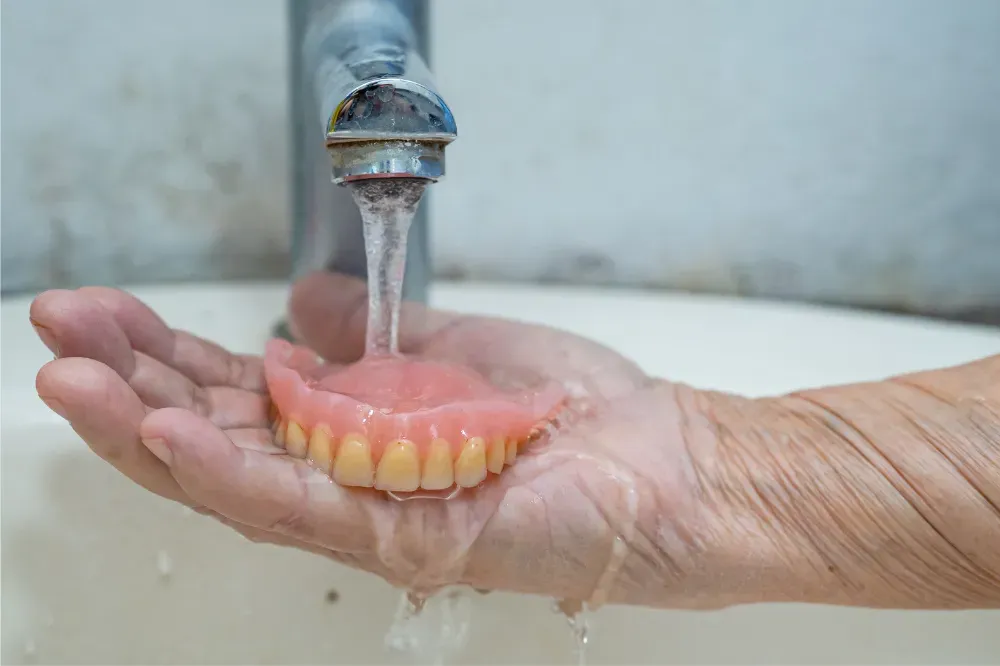
5. Managing Dry Mouth and Other Oral Health Issues
Dry mouth, or xerostomia, is a common issue among older adults, often caused by medications or medical conditions. It can lead to difficulties in chewing, swallowing, and speaking, as well as increase the risk of tooth decay and gum disease. To manage dry mouth, seniors should stay hydrated, chew sugar-free gum, and use saliva substitutes if necessary. Avoiding tobacco and alcohol, which can exacerbate dry mouth, is also recommended. Regular dental check-ups can help manage this condition and prevent related dental problems.

Grooming, Self Care, and Personal Care for Seniors
1. Hair and Nail Care: Maintaining Hygiene and Comfort
Maintaining hair and nail hygiene is an essential part of personal care for seniors. Regular hair washing and conditioning help keep the scalp healthy and prevent infections. Seniors should choose gentle, moisturizing shampoos and conditioners suitable for their hair type. For those with limited mobility, using a long-handled shower brush can help reach the scalp more easily.
Nail care is also important, as overgrown nails can cause discomfort and lead to infections. Seniors should regularly trim their nails, keeping them neat and clean. Those who find it difficult to care for their nails can seek the help of a podiatrist or a professional caregiver trained in nail care.
2. Bathing and Hygiene: Ensuring Safety and Independence
Regular bathing is crucial for preventing skin infections and maintaining overall hygiene. Seniors with mobility issues can benefit from assistive devices such as shower chairs, grab bars, and long-handled shower brushes, which make bathing safer and more comfortable. It's important to use warm, not hot, water to prevent skin dryness and to keep the bathroom environment safe to prevent slips and falls. In-home caregivers can assist with bathing and other personal hygiene tasks, ensuring that seniors maintain their dignity and comfort.
3. Shaving and Hair Removal: Practical Solutions
For many seniors, shaving or hair removal is a part of their grooming routine. Electric razors are often safer and easier to use than traditional razors, reducing the risk of cuts. Seniors should use razors with protective guards and change the blades regularly to ensure a clean shave. For those with sensitive skin, gentle hair removal creams or professional services may be an alternative.
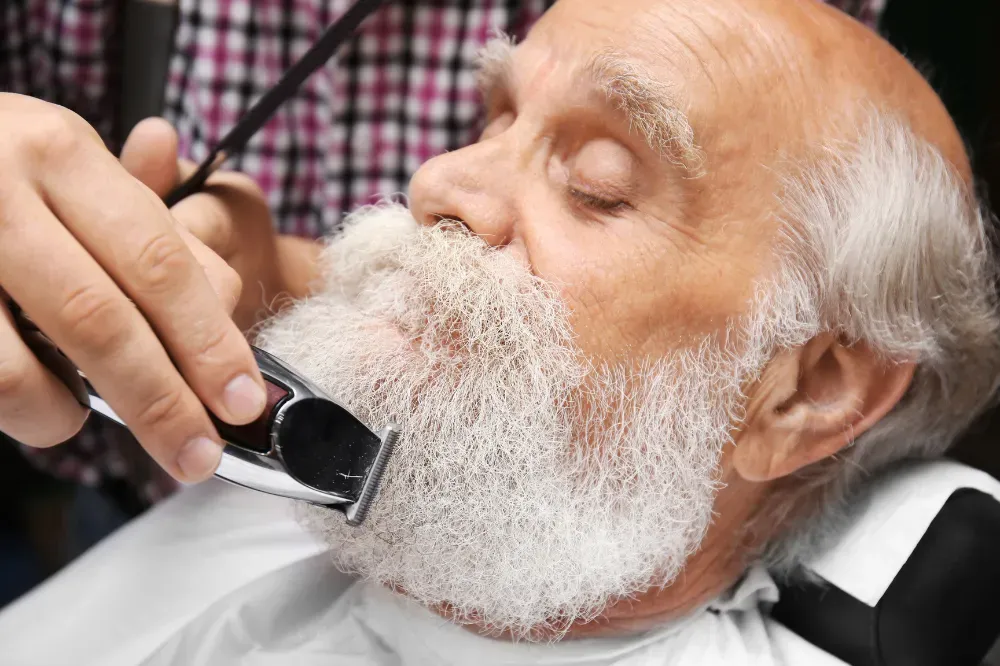
4. Managing Incontinence: Maintaining Comfort and Hygiene
Incontinence can be a sensitive issue but managing it properly is crucial for maintaining dignity and comfort. Using appropriate incontinence products, such as pads or adult diapers, can help manage symptoms effectively. Seniors should also practice good hygiene by cleaning the affected areas thoroughly and using skin protectants to prevent irritation. Consulting with healthcare providers for treatment options, including pelvic floor exercises or medications, can also help manage this condition.
5. Dressing and Personal Appearance: Enhancing Self-Esteem
Dressing appropriately for the weather and choosing comfortable, easy-to-wear clothing can make a significant difference in a senior's daily comfort and confidence. Adaptive clothing options, such as those with Velcro closures, can be particularly helpful for those with limited dexterity. Seniors should also consider wearing supportive footwear to prevent falls and maintain mobility.

Healthy Diet, Nutrition, and Hydration for Seniors
1. Balanced Diet: Key to Health and Vitality
A healthy diet is essential for maintaining physical and mental health. Seniors should aim to include a variety of whole foods, such as fruits, vegetables, lean proteins, and whole grains, in their meals. Incorporating healthy foods is crucial for maintaining health and vitality. Healthy fats, like those found in nuts, seeds, and olive oil, are also beneficial for heart health and cognitive function. It’s important for seniors to consume enough calcium and vitamin D to support bone health and prevent osteoporosis.
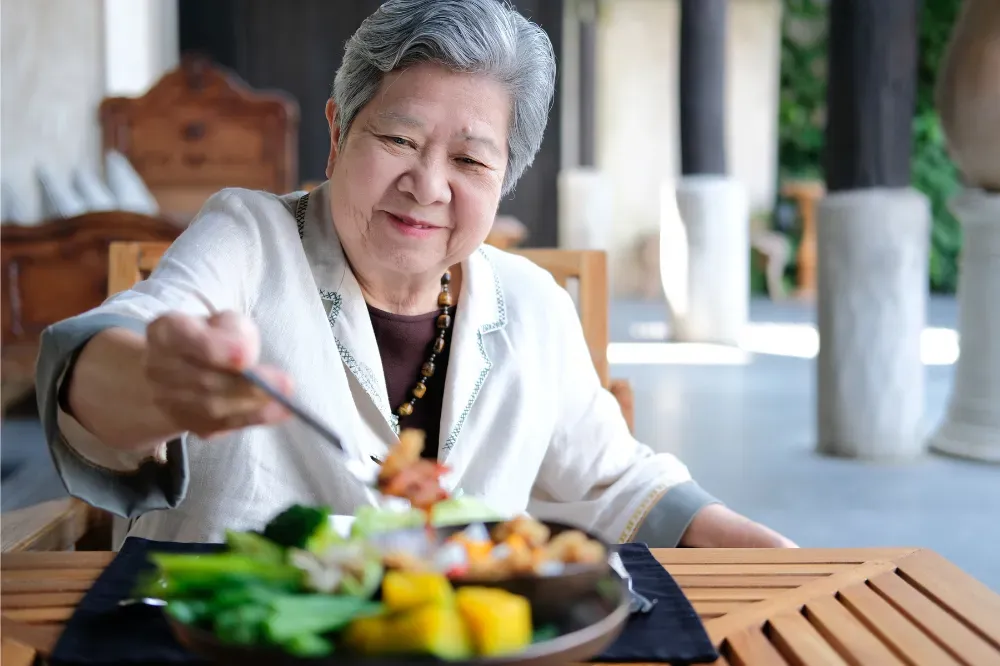
2. Importance of Hydration: Supporting Bodily Functions
Staying hydrated is vital for overall health, especially as the sense of thirst may diminish with age. Seniors should aim to drink plenty of water throughout the day and limit their intake of sugary drinks and caffeine, which can lead to dehydration. Proper hydration supports digestion, regulates body temperature, and helps maintain energy levels. Additionally, proper hydration and a healthy diet can positively influence the immune system, enhancing the body's ability to fight off illnesses.
3. Dietary Supplements: Meeting Nutritional Needs
In some cases, seniors may need dietary supplements to address specific nutritional needs, such as calcium, vitamin D, vitamin B12, and omega-3 fatty acids. It’s important to consult with a healthcare provider before starting any new supplements, as they can interact with medications or other health conditions. A healthcare provider can also recommend the appropriate dosage and monitor for any potential side effects.
4. Meal Planning and Preparation: Overcoming Challenges
For seniors with limited mobility or energy, meal planning and preparation can be challenging. In-home caregivers or meal delivery services can provide assistance, ensuring that seniors receive nutritious meals regularly. Family members can also play a supportive role in grocery shopping and meal prep. Seniors should aim to eat small, balanced meals throughout the day to maintain energy levels and prevent blood sugar fluctuations.
5. Special Dietary Considerations
Seniors with specific health conditions, such as diabetes, high blood pressure, or heart disease, may require special dietary considerations. For example, those with diabetes should monitor their carbohydrate intake, while individuals with high blood pressure should limit their sodium intake. Working with a registered dietitian can help seniors create a meal plan that meets their nutritional needs and supports their overall health.

Physical Activity and Mental Health for Seniors
1. Regular Exercise: Boosting Physical and Mental Health
Regular physical activity is crucial for maintaining mobility, strength, and overall health. Exercise can help seniors manage chronic conditions, improve balance and coordination, and enhance cognitive function. Gentle exercises such as walking, tai chi, and stretching can help improve muscle strength, balance, and flexibility. Seniors should choose activities that they enjoy and that are appropriate for their fitness level. It’s important to start slowly and gradually increase intensity to prevent injuries. Establishing a self-care routine that includes regular exercise is essential for overall well-being.
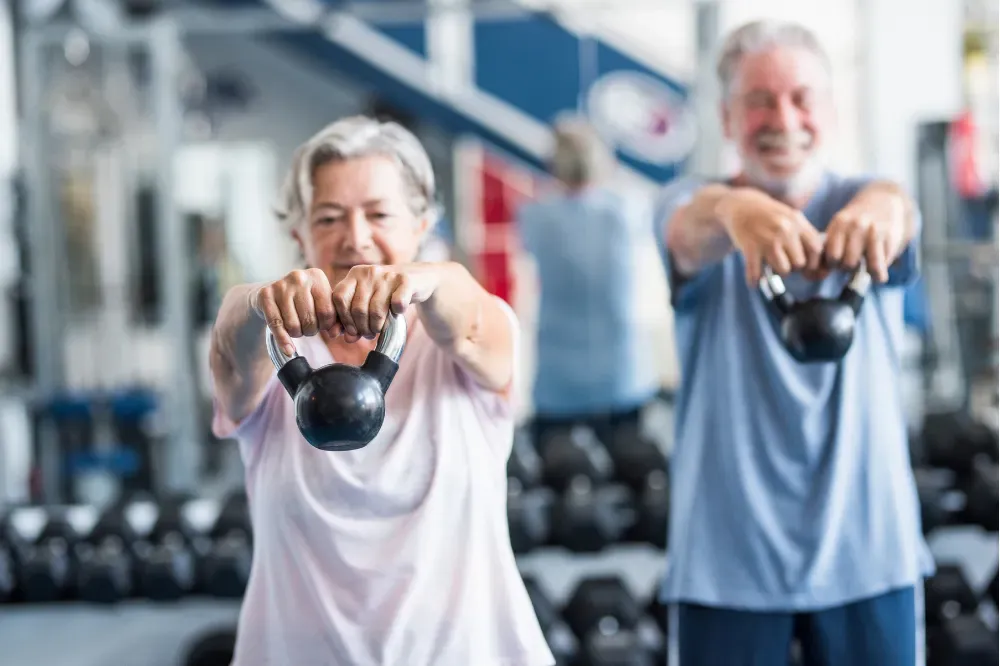
2. Mental Health and Emotional Well-being: Nurturing the Mind
Mental health is as important as physical health, and seniors should prioritize activities that promote emotional well-being. Engaging in hobbies, socializing with friends and family, and joining support groups can help reduce feelings of isolation and improve mental health. Activities such as reading, puzzles, and learning new skills can also stimulate the mind and prevent cognitive decline. Additionally, the prevalence of mental health issues among seniors highlights the need for proactive mental health care and support.
3. Stress Management: Techniques for a Healthy Mind
Managing stress is essential for maintaining good health. Techniques such as deep breathing, meditation, and mindfulness can help seniors cope with stress and anxiety. Spending time in nature, practicing gratitude, and staying connected with loved ones are also effective ways to manage stress. It’s important for seniors to recognize the signs of stress and take proactive steps to address it.
4. Sleep Hygiene: Ensuring Restful Nights
Getting enough sleep is vital for health and well-being. Seniors should establish a regular sleep routine, create a comfortable sleep environment, and avoid caffeine and heavy meals before bedtime. Addressing sleep disorders, such as sleep apnea, with the help of a healthcare provider is also crucial. Good sleep hygiene practices include maintaining a consistent sleep schedule, avoiding electronic devices before bed, and creating a relaxing bedtime routine.
5. Social Connections: Building a Supportive Community
Social interactions play a vital role in maintaining mental and emotional health. Staying connected with family and friends, participating in community activities, and joining social clubs can help seniors build a supportive network. These interactions provide emotional support, reduce feelings of loneliness, and enhance overall well-being.

Support Systems and Resources for Seniors
1. Family and Caregivers: Providing Essential Support
Family members and caregivers play a vital role in supporting the personal care needs of seniors. They can assist with daily tasks, provide emotional support, and help navigate healthcare needs. It’s important for caregivers to also practice self-care to prevent burnout. Caregivers should also attend to their own health to avoid feelings of overwhelm and ensure they can provide the best care possible. Effective communication, setting boundaries, and seeking respite care can help caregivers maintain their well-being.
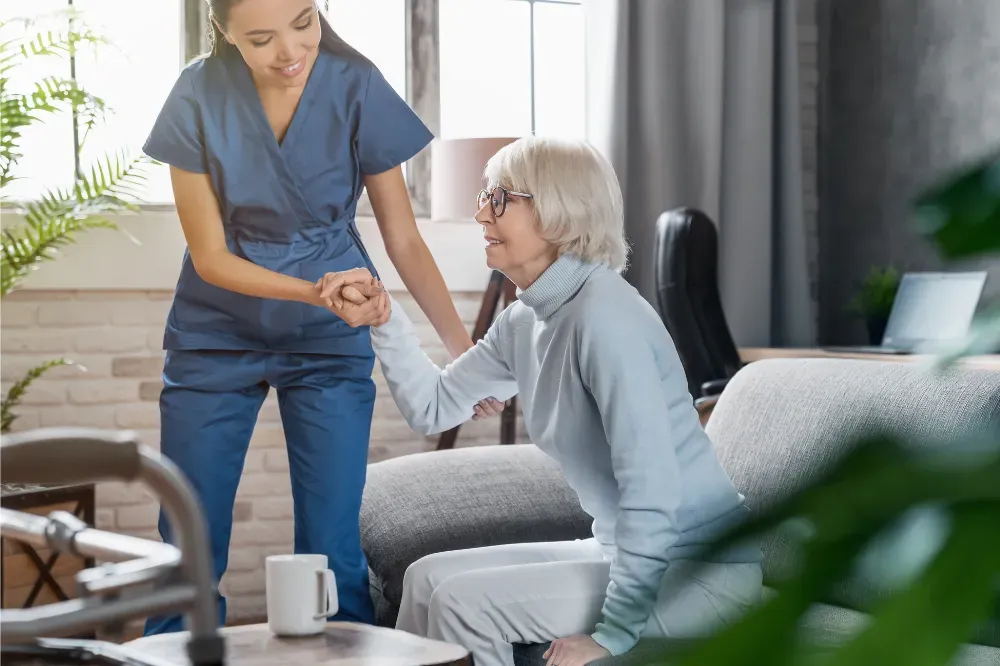
2. Healthcare Providers: Partners in Health
Regular check-ups with healthcare providers are essential for monitoring health conditions and managing medications. Seniors should maintain open communication with their doctors and seek advice on managing health concerns. Healthcare providers can offer valuable insights into managing chronic conditions, preventive care, and lifestyle modifications.
3. Community Resources: Enhancing Quality of Life
Community resources, such as senior centers, support groups, and recreational programs, offer valuable opportunities for socialization and engagement. These resources can enhance the quality of life for seniors by providing a sense of community and belonging. Community resources can also promote health and well-being by offering activities that improve overall happiness and coping with health-related challenges. Seniors should explore local programs that match their interests, such as art classes, fitness programs, and volunteer opportunities.
4. Assistive Devices and Technology: Enhancing Independence
Assistive devices, such as hearing aids, mobility aids, and medical alert systems, can significantly enhance the independence and safety of seniors. These devices should be selected based on individual needs and regularly maintained to ensure proper functioning. Technology, such as video calling, can help seniors stay connected with loved ones, while smart home devices can assist with daily tasks.
5. Legal and Financial Planning: Ensuring Security
Legal and financial planning is an important aspect of aging, as it helps ensure that seniors’ wishes are respected and their needs are met. This includes creating a will, establishing power of attorney, and planning for long-term care. Consulting with legal and financial professionals can provide seniors and their families with peace of mind and clarity about future decisions.
Conclusion
Maintaining personal hygiene and health is a critical aspect of aging gracefully. By following these personal care tips, seniors can promote their physical and mental well-being, enhance their quality of life, and maintain their independence. It's important to tailor personal care routines to the unique needs of each individual, considering factors such as physical limitations, health conditions, and personal preferences. Family members, caregivers, and healthcare providers all play essential roles in supporting the well-being of elderly individuals. With the right care and support, seniors can enjoy a fulfilling and healthy life.
By incorporating these comprehensive personal care practices, seniors can better manage health challenges, improve their quality of life, and continue to enjoy the activities they love. The support of family, caregivers, and community resources is crucial in this journey, providing the necessary assistance and companionship. Ultimately, a proactive approach to personal care and health can empower seniors to live their later years with dignity, independence, and joy.
